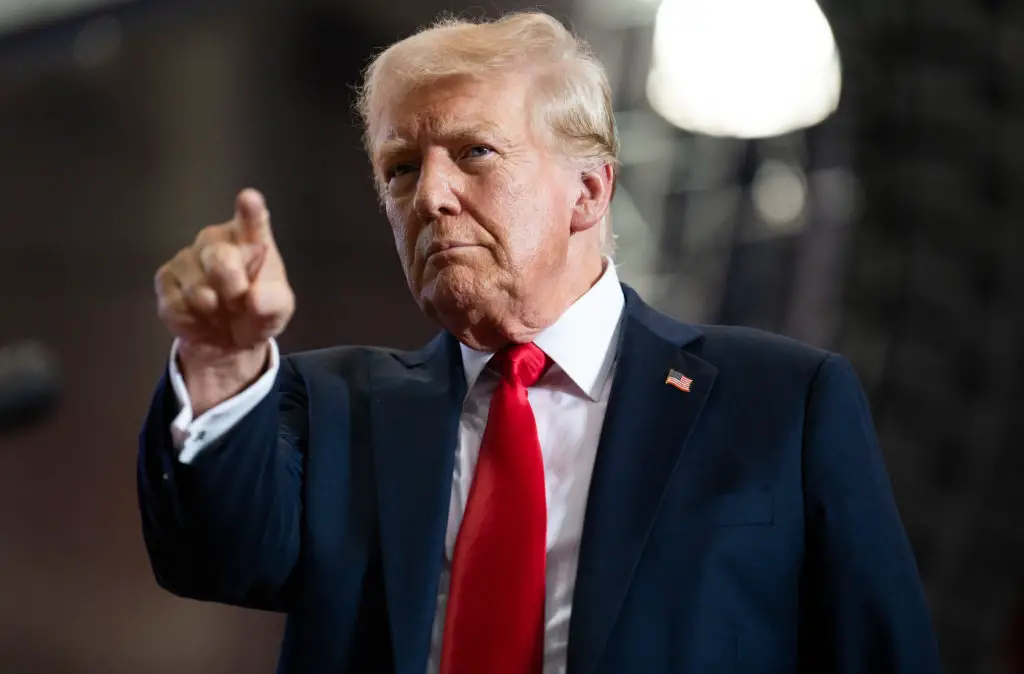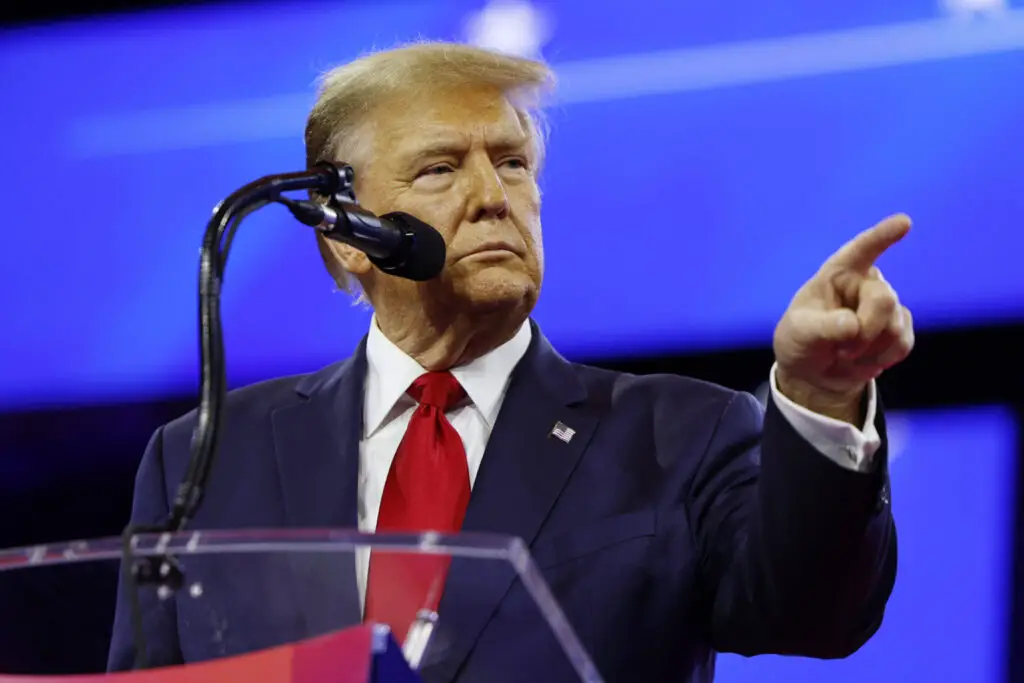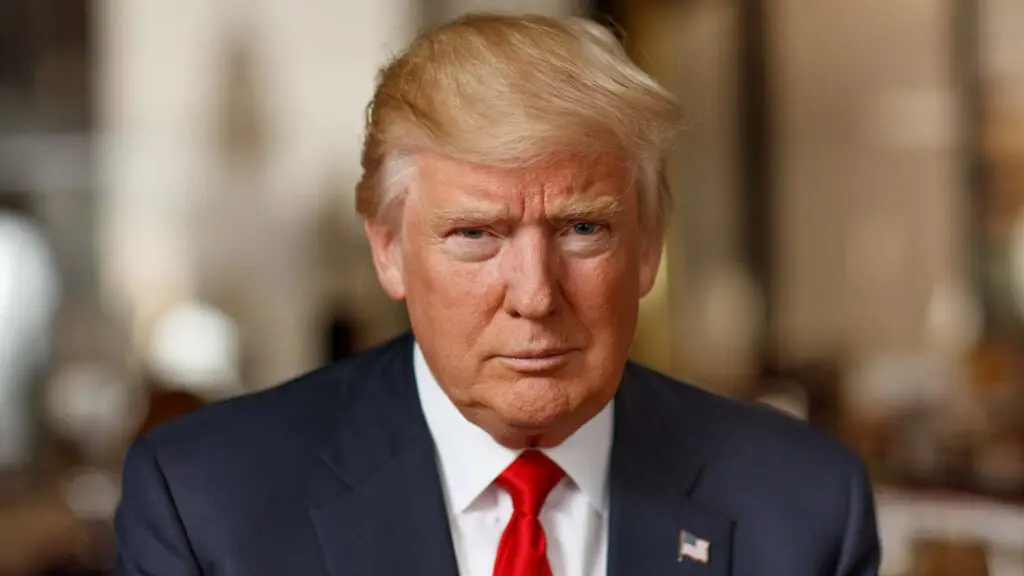Related Posts
Special counsel Jack Smith filed a new Trump indictment charge last Tuesday, August 37. It attempted to support the election obstruction case against the former president, which led to a Supreme Court ruling that granted immunity to presidential official acts.

Smith timed the indictment critically, filing it about ten days before a “60-day rule” took effect, which would prevent anyone from bringing new charges against Trump.
What is the New Trump Indictment Charge?
According to Smith, the new Trump indictment charge was filed by a grand jury that has not yet heard the evidence. It “reflects the Government’s efforts to respect and implement the Supreme Court’s holdings and remand instructions,” Smith stated in a letter to the U.S. District Court for the District of Columbia.
The former president will face the exact charges of a previous indictment regarding his attempts to overthrow President Biden’s 2020 election win. Smith said he would not have Trump arraigned again for the new indictment. He still plans to make a joint proposal with the former president’s defense lawyers concerning pretrial hearing scheduling.
Trump’s Response
Trump has responded to the new indictment charge through social media. He accused Smith of trying to “resurrect a dead Witch Hunt in Washington, D.C., in an act of desperation.” The presidential candidate also called the charge ridiculous and requested an immediate dismissal. He called it an attempt to interfere with the upcoming election.
Whittled Down Trump Indictment Charge
The current indictment is shorter than the original indictment. Some charges have been removed, including allegations that Trump made the Justice Department support his voter fraud claims. However, even the abbreviated indictment could bring the case before the Supreme Court. A higher court may rule on the complexities concerning what can be charged and used as evidence.
The Republican presidential candidate is also no longer facing charges for allegedly trying to force his Justice Department to conduct fraud investigations over the ‘sham election’ and urging state legislators to choose fraudulent electors over legitimate ones. These charges were dropped due to the Supreme Court ruling. The Supreme Court qualified interactions between a President and his Justice Department official presidential acts.
The case also looks at five co-conspirators rather than the original six. Former Justice Department official Jeffrey Clark is no longer charged. The current co-conspirators are mainly Trump’s lawyers and consultants.
Other allegations were also dropped, including many of Trump’s interactions with federal officials and White House staff. For example, the new case makes no mention of Trump pressuring Georgia officials to overturn the election, including an incident in which he called them “terrible people” on social media. He tweeted his opinion despite his chief of staff telling him the officials were acting in “exemplary fashion.”
Likely, this account was removed because the conversation between Trump and his chief of staff could be considered an official presidential act.
Different Definitions of Presidential Immunity

Although the case has been narrowed, Smith argues that some of Trump’s actions may not be covered by presidential immunity. For example, he believes new immunity laws would not excuse Trump’s conversations with state officials about the election.
The new Trump indictment charge could impact other legal activities concerning the Republican presidential candidate. He is already fighting a hush money conviction for falsifying business records. He argues that some evidence includes discussions with White House staff, which should be considered an official act.
The judge in the hush money case will decide whether the immunity ruling will impact the trial. Trump’s attorneys will likely argue that Smith’s choices in the new indictment charge support their dismissal of the other case. The outcome of the cases may be contingent on one another.

